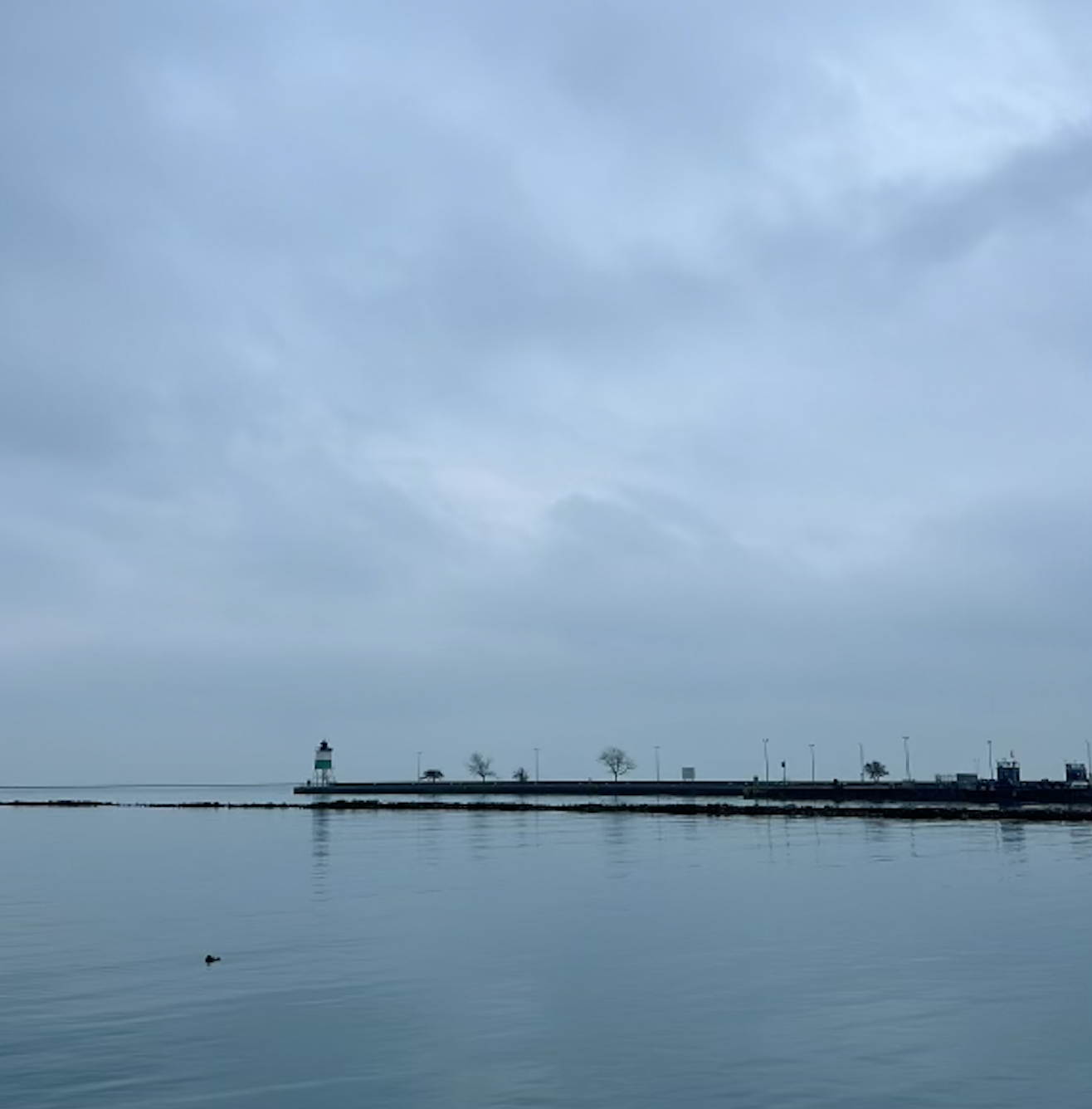

Dear readers,
This year’s issue of DoubleSpeak moves from displacement and longing to rootedness and renewal — all through the unifying prism of translation. Many poems in this issue are not so much fixed texts as they are questions: open, echoing, sometimes unanswerable.
I continue to think of a passage from Mariana Martinez’s translation of the Argentine poet Alejandra Pizarnik’s “El despertar,” or as Martinez titles it, “The Awakening.” Pizarnik, the biographical note tells us, “was born … to the tumultuous life of an exiled Jewish family during World War II,” and her sense of history’s tendrils is more visceral than most. Martinez translates Pizarnik’s poem here in bold, intuitive ways (“ripen” for “volver,” for example, and “lord” for “señor”), but it’s the refrain that, midway through, breaks the narrative open with a particularly, continually resonant question:
"What shall I do with this fear?
What shall I do with this fear?"
This issue of DoubleSpeak offers a wealth and a refusal of answers—maybe most pressingly in Michael Karam’s translation of the Palestinian poet Khaled Juma’s “A Little of What Gaza Will Say in a Little.” Juma, who is the Director of the Cultural Department for the Palestine News and Information Agency, wrote this prose poem in 2011, but as Karam reflects in his translator’s note, the poem “feels as if it were written yesterday, or tomorrow, or the day after.”
Time blurs; the present becomes an unnerving echo of the past and a premonition of what’s to come. “This is my blood,” writes Juma: “it begins where the anthem goes quiet.” Here, fear is not declared but submerged, living in the silence between lines.
Throughout this issue of DoubleSpeak, translation is not only a method of transmission but a kind of shared root system, hiding beneath the surface and allowing meaning to travel between languages. In “Living in Translation,” a musing on the way Chinese and English have both shaped and resisted her identity, Jenny Fu highlights this metaphor of tree roots in her citation of contemporary poet Shu Ting’s iconic poem “To the Oak”:
"Our roots hold tightly beneath the ground;
our leaves brush and blend in the clouds."
Fu’s musing acknowledges the side of this ecosystem which is permeated by uncertainty. She writes: “I live in these jagged convergences, breaking, and reforming as the trees encounter and grow. I sing the notes, confused and babbling, jigsaws that don't fit together but complement each other to create a whole. Do you think you are Canadian or Chinese? I can't respond because the notes of the leaves that brush and blend have no name.” This inability to respond is not a failure of what poems, speech, and language are capable of, but rather an acknowledgement of their rootedness in physicality — especially when meaning is shaped by more than one language.
Likewise, the pressure of choosing how to speak, or who to be, within language, becomes a fruitful refusal. Fu’s question of whether to write as a “Chinese” or “Canadian” writer is left unresolved: not avoided, but proven to be porous. The poems translated here mean to resist singular identity; they lean instead into a fluid, unbordered self, one in which fear and doubts don’t vanish, but find a shape through which to speak.
This issue of DoubleSpeak does not seek to pin down the identities of its poems, or to reduce their questions to one-dimensional answers. (What shall I do with this fear?) Rather, it dwells in the poems — allowing language to carry their weight across borders and time.
With this, I welcome you to our Spring 2024 issue, and I invite you to explore the many routes, turns, and questions that inhabit it.
Sincerely,
Daria Knurenko
Staff Editor
.
.
